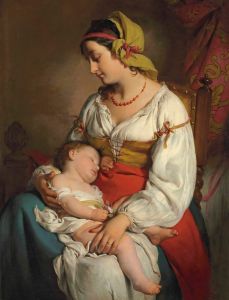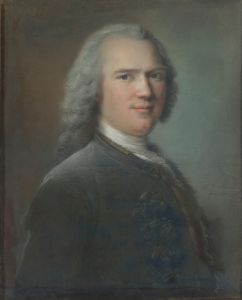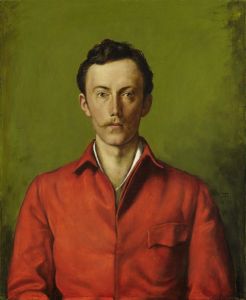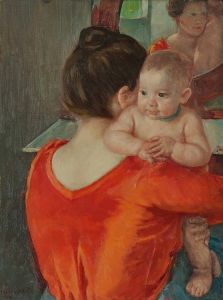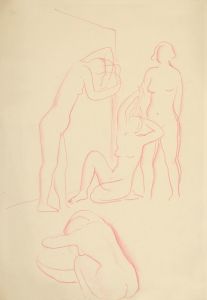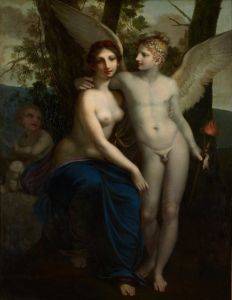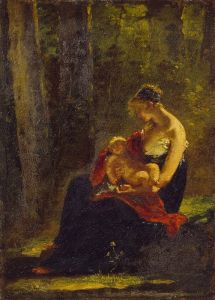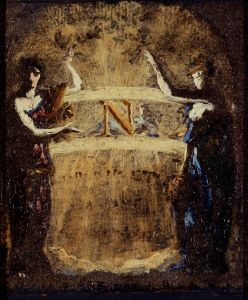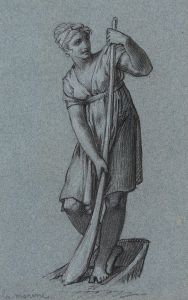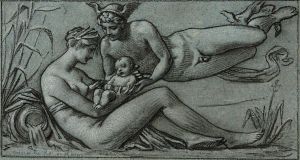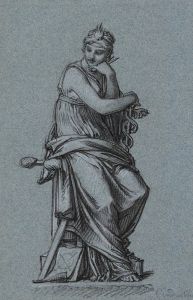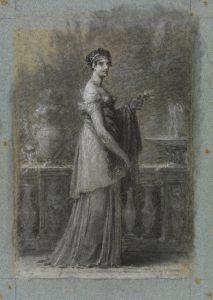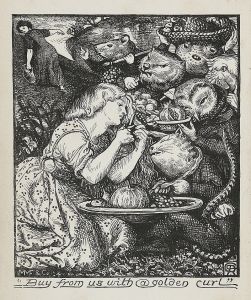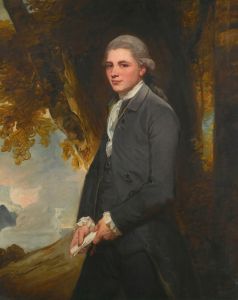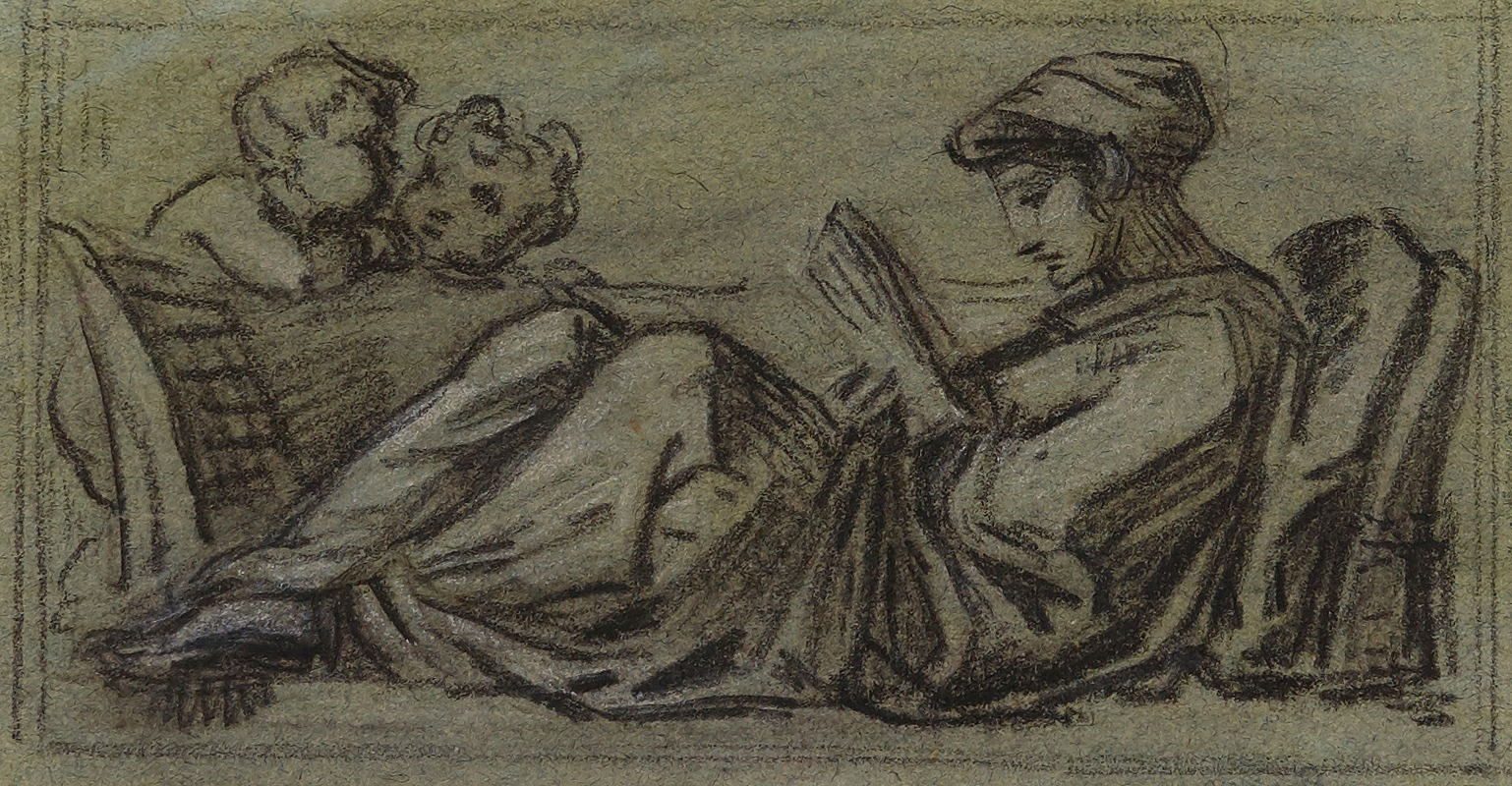
Le Matin
A hand-painted replica of Pierre-Paul Prud'hon’s masterpiece Le Matin, meticulously crafted by professional artists to capture the true essence of the original. Each piece is created with museum-quality canvas and rare mineral pigments, carefully painted by experienced artists with delicate brushstrokes and rich, layered colors to perfectly recreate the texture of the original artwork. Unlike machine-printed reproductions, this hand-painted version brings the painting to life, infused with the artist’s emotions and skill in every stroke. Whether for personal collection or home decoration, it instantly elevates the artistic atmosphere of any space.
Pierre-Paul Prud'hon was a French Romantic painter, renowned for his allegorical and mythological subjects, as well as his portraits. One of his notable works is "Le Matin" (The Morning), which exemplifies his mastery in capturing the ethereal and delicate qualities of light and form. Prud'hon was born on April 4, 1758, in Cluny, France, and his career spanned the late 18th and early 19th centuries, a period marked by significant political and social changes in France.
"Le Matin" is a testament to Prud'hon's ability to blend classical themes with a romantic sensibility. The painting reflects his interest in the softer, more poetic aspects of the human experience, often depicted through allegorical figures. Prud'hon's style is characterized by a gentle, almost dreamlike quality, achieved through his use of soft contours and a muted color palette. This approach set him apart from many of his contemporaries, who favored the more dramatic and bold styles of Neoclassicism.
Prud'hon's work was influenced by his admiration for the Italian Renaissance, particularly the works of Leonardo da Vinci and Correggio. This influence is evident in "Le Matin," where the figures are rendered with a graceful fluidity and a sense of serene beauty. The painting likely depicts an allegorical representation of morning, personified by a figure that embodies the freshness and tranquility of dawn. Prud'hon's use of light in the painting is particularly noteworthy; he skillfully captures the soft, diffused light of morning, which bathes the scene in a gentle glow.
Throughout his career, Prud'hon was celebrated for his ability to convey emotion and mood through his paintings. "Le Matin" is no exception, as it evokes a sense of calm and introspection. The painting's composition and the delicate interplay of light and shadow create a harmonious balance that draws the viewer into the scene. This ability to evoke emotion through visual means is a hallmark of Prud'hon's work and contributes to his enduring legacy in the art world.
Prud'hon's career was marked by both success and personal challenges. He was well-regarded in his time, receiving commissions from notable figures such as Napoleon Bonaparte and Empress Joséphine. Despite his professional achievements, Prud'hon faced personal difficulties, including a troubled marriage and financial instability. These challenges, however, did not diminish his artistic output or his influence on future generations of artists.
"Le Matin" remains an important work in Prud'hon's oeuvre, exemplifying his unique approach to painting and his ability to capture the subtleties of human emotion and natural beauty. Today, Prud'hon's works are held in high esteem and can be found in major art collections around the world, including the Louvre Museum in Paris. His contributions to the Romantic movement and his distinctive style continue to be studied and appreciated by art historians and enthusiasts alike.





